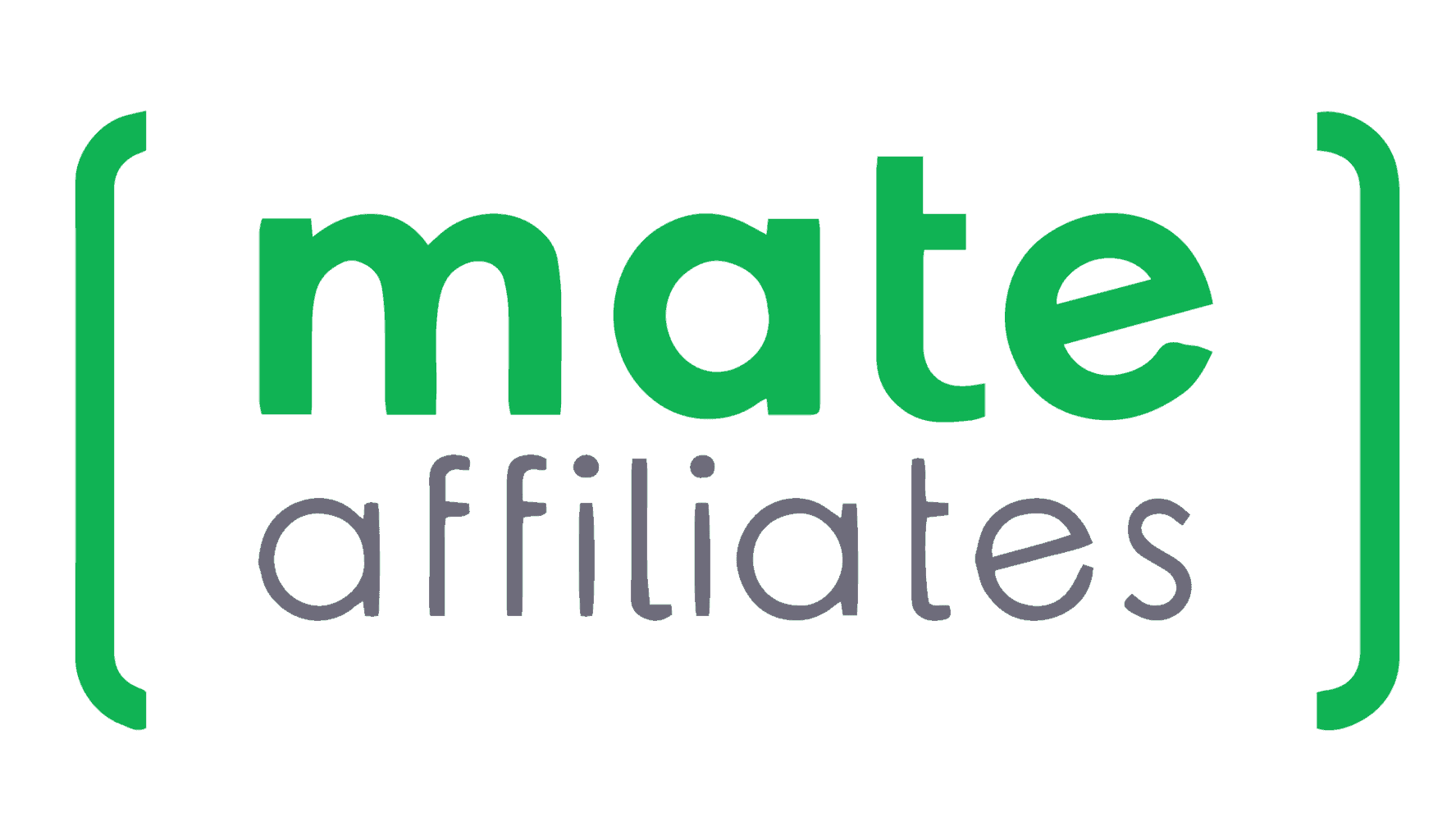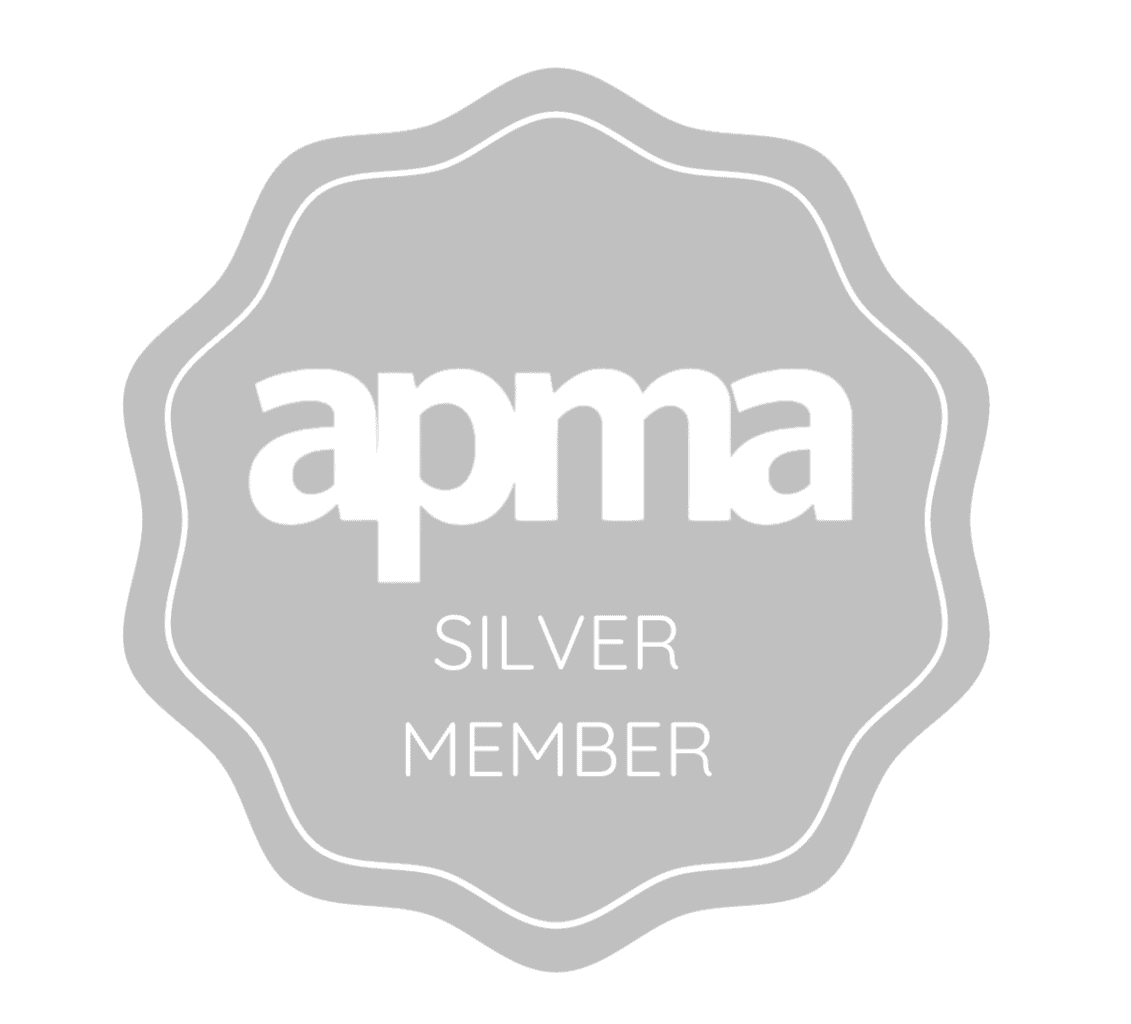Ontario’s regulated sports betting launched on the 4th of April 2022, after months of regulatory framework planning. The move for the province to regulate itself and welcome local and international sports betting operators on the decision of the Canadian government was predicated to put the power in the hands of each province. This was the end goal set out by the passing of the Safe and Regulated Sports Betting Act.
This new approach to gambling legalization, which has been spearheaded by Ontario, has had a massive impact on the iGaming affiliate market in Canada. Below, we’re expanding on just how affiliate marketers have been influenced by a gambling market in flux.
What changed in Canada, particularly Ontario?
Canada’s gambling market has been long steeped in murky uncertainty. While no laws out-and-out prohibit gambling on offshore bookmakers, there were no laws that made it clear that gambling on offshore bookmakers was legal either.
Within this legal uncertainty flourished a varied online gambling market, with some of the world’s biggest betting brands having websites targeted to Canadian users. These sites offered promotions in Canadian dollars and even accepted one of Canada’s most popular payment methods, Interac, for deposits and withdrawals.
So where is the issue, many may ask? The issue was the fact that the profits generated from online gambling in Canada were leaving the country unchecked and not taxed. This money could be used towards sponsoring a struggling Canadian Football League, or other sports leagues within the country, for example.
This was the thinking behind the development of bill C-218, which would later become known as the Safe and Regulated Sports Betting Act. To keep gambling money in Canada, so that profits could aid programs developed to help those suffering from gambling addiction, along with a handful of Canadian sports leagues that could use sponsorships.
Essentially, the passing of the bill enabled each province to regulate itself, and Ontario was the first to do so. What was interesting about Ontario’s approach, and what is arguably the topic of most discussion amongst affiliates, is the inability of operators or any affiliates to advertise betting operator inducements on any marketing and advertising platforms.
How have affiliates been affected by Ontario’s new laws?
iGaming affiliates that still want to work in Ontario have had to remove all evidence of inducements (such as the words bonus, promotion, and offer) from their websites. If one were to compare that to other affiliate marketing industries, it’s a little like influencers on social media not mentioning a special code for products that motivate their subscribers to purchase certain products.
Welcome bonuses, as well as existing customer promotions, are a huge part of iGaming companies’ marketing strategies. Some companies within this industry base their entire identities around the bonuses they’re able to offer. The same can be said for affiliate marketing companies within these industries, as some of the most visited and interacted with pieces of content are those that list and explain sports betting offers. Affiliates have either had to remove or geo-fence content with any mention of sports betting bonuses, so that Ontario residents are not able to see it.
To show the seriousness of Ontario’s regulators, one can look to an example of two big-name operators which tested the Alcohol and Gaming Commission of Ontario’s (AGCO) steel. Pointsbet and BetMGM set out to test Ontario’s gaming commission (the AGCO) but were met with heavy fines for breaching the agreements they had signed when receiving the license. They advertised sports betting bonuses and promotions.
How have affiliates approached new challenges?
Different affiliates have approached this issue in different ways. For example, some have decided to geotarget the lists that display operators and bonuses, which change depending on where users are coming from. The content on these web pages is largely the same, but it’s merely the lists that change.
Other affiliates decided to take on the approach of geofencing entire web pages that did not meet the standards set out by the AGCO. In the industry of iGaming affiliate marketing, such actions can have serious consequences for the health of these websites.
As can be seen from the approaches above, affiliate websites in this space have either had to make considerable concessions or have had to experience significant disruptions to the way they go about marketing iGaming brands, with many left feeling somewhat frustrated by iGaming Ontario’s approach.
Closing thoughts
While Ontario has laid down a set of strict laws, it has pushed affiliates to market sports betting websites in more sophisticated ways. Instead of simply focusing on inducements, affiliates have been required to do a better job of providing users with key product differences, which in the end, will only benefit the users that are shopping around for sports betting sites.
























